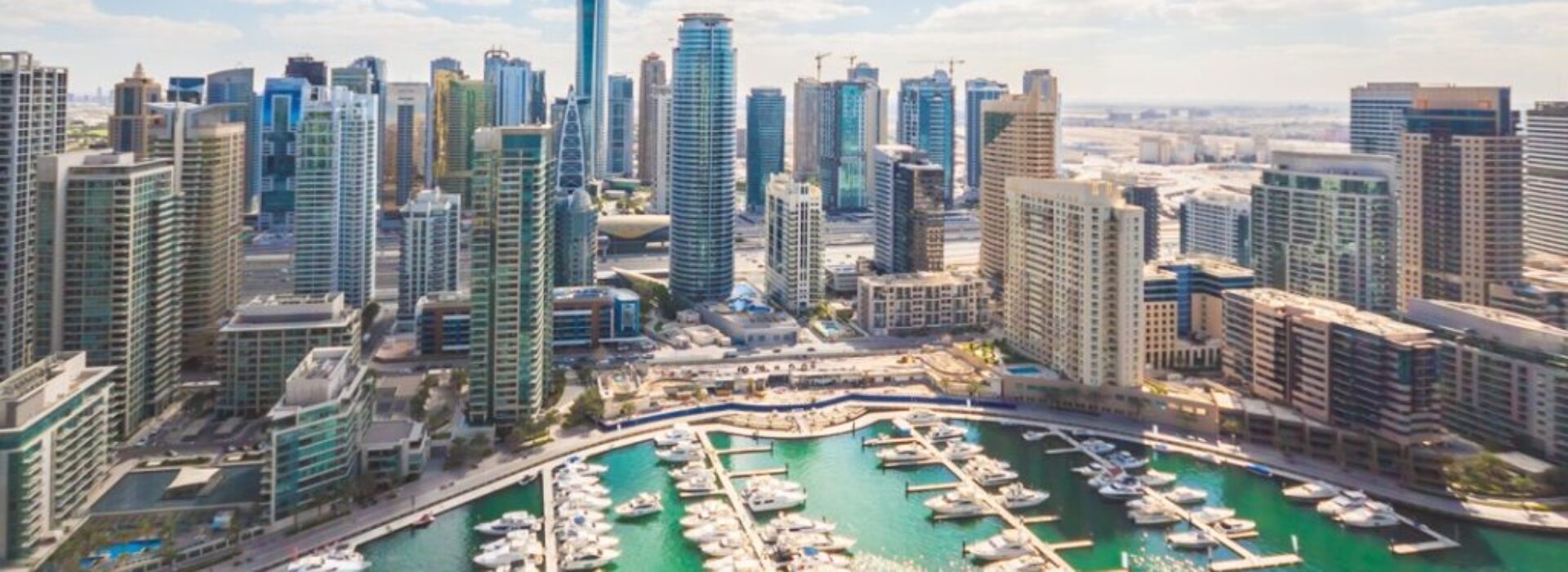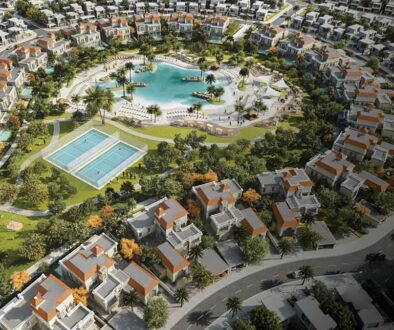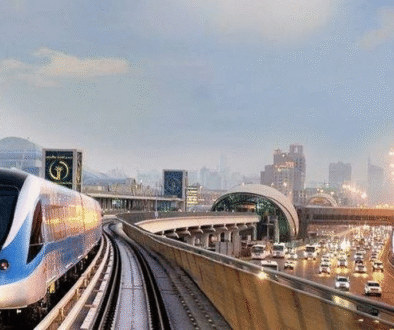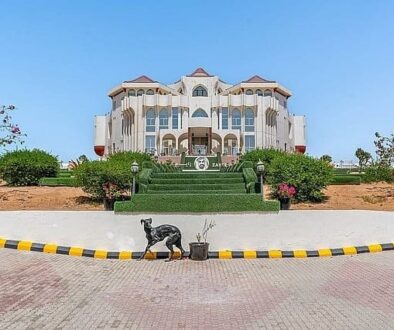🏙️ Dubai Rents Stabilize as Tenants Gain More Options and Buyers Turn to Apartments
After two consecutive years of steep rental hikes and soaring property prices, Dubai’s real estate market is now entering a period of stability and balance. The city’s housing sector is showing signs of cooling, not as a slowdown in demand, but as a result of increased supply and a more mature, sustainable market dynamic.
For Tenants: More Choice and Slower Rent Growth
Rental growth has eased to 2.1% in Q3 2025, down from 5.5% in the previous quarter, signaling a notable moderation in rental escalation. While the annual rental increase remains at 14.8%, the pace of growth has slowed considerably compared to the previous surge.
The ongoing completion of new apartment developments across key communities has been a major factor in this shift. The additional housing supply has provided tenants with more options, increased bargaining power, and improved access to different price points. Landlords, in turn, are becoming more flexible with pricing and lease terms to attract tenants in a more competitive environment. This trend is particularly evident in mid-range and upcoming suburban areas, where renters are benefiting from greater affordability and incentives such as flexible payment schedules or rent-free periods.
For Buyers and Investors: Apartments Take the Spotlight
On the sales front, apartments continue to dominate market activity. Total apartment transactions reached nearly AED 93 billion in Q3 2025, reflecting a 22% rise in transaction volumes and a 35% increase in off-plan sales compared to the previous quarter. Off-plan projects now represent roughly 70% of all real estate deals, underlining strong investor confidence in Dubai’s future developments and long-term potential.
In contrast, the villa and townhouse segment has witnessed a 30% decline in sales, suggesting that the surge in demand for spacious homes seen during and after the pandemic is cooling. Buyers are now gravitating toward more affordable and practical apartment investments, especially in well-connected urban zones and waterfront communities that promise strong rental yields and capital appreciation.
Market Outlook: Sustainable Growth Ahead
The average property price in Dubai currently stands at approximately AED 1,664 per square foot, almost double the levels recorded in 2020. This reflects not only market strength but also the city’s evolution into a global real estate hub attracting investors from around the world.
So far, around 28,500 new residential units have been delivered in 2025, with apartments making up 85% of the total. Another 200,000 homes are expected to be completed by 2027, ensuring a more balanced supply pipeline that will help maintain price stability.
This steady stream of new projects — combined with Dubai’s investor-friendly regulations, high rental yields, and strong economic growth — is creating a more predictable and sustainable market environment for both residents and investors.
Conclusion
Dubai’s property market is evolving from an era of rapid escalation to one of measured stability. Tenants now enjoy more options and improved affordability, while investors benefit from long-term growth potential and a diversified real estate landscape.
The city’s real estate sector remains one of the most attractive globally — not for quick speculative gains, but for those seeking enduring value, consistent demand, and resilient returns in a dynamic world-class market.




